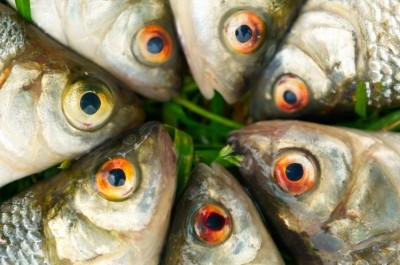EU ministers agree on fisheries policy reform

After 36 hours of discussion that ran through until dawn on Wednesday morning, the new position includes a ban on discarding undersized fish into the sea, many of which die soon after they are thrown back, and secures larger quotas for fishing communities in the EU.
Ireland, as part of its presidency of the EU Council, has been working to revise a compromise 200-page legal text on fishing policy reform.
Following the agreement, Irish minister for agriculture, food and the marine Simon Coveney said: “The Council has recognised the practical challenges of fishermen and the potential socio-economic impacts in coastal communities during the negotiations over the past number of months.
“I believe that the historical package agreed this morning will prepare the way for a European-wide discards ban, facilitate more sustainable fishing levels in addition to appropriate management of fleet capacity and a workable regionalisation policy. It will provide the framework for the long term sustainability of the fish stocks around our shores and the continued economic viability of our fishing fleet and the processors and communities that depend on them.”
It is now up to the European Parliament to decide whether to approve the agreement. The Parliament overwhelmingly backed fishing reform in a vote in February.
Meanwhile, environmental groups have criticised the policy, saying it doesn’t go far enough.
WWF hailed the agreement as a positive step forward, but added that the text did not contain enough detail and failed to match the ambition of the European Parliament, which had argued for stronger restrictions on fishing.
Fisheries programme manager at WWF-UK Helen McLachlan said: “The devil is in the detail, but in this case it’s the lack of detail, as Fisheries Ministers decided on a legally neutral text with few binding timelines and concrete measures. If implemented as such, poor management of our fish stocks and the knock on effect it has on our seas is likely to continue for yet another decade.”
Greenpeace’s EU fisheries policy director Saskia Richartz said that the deal lacked “the determination needed to turn things around for Europe’s fish stocks and fishing communities”.





























